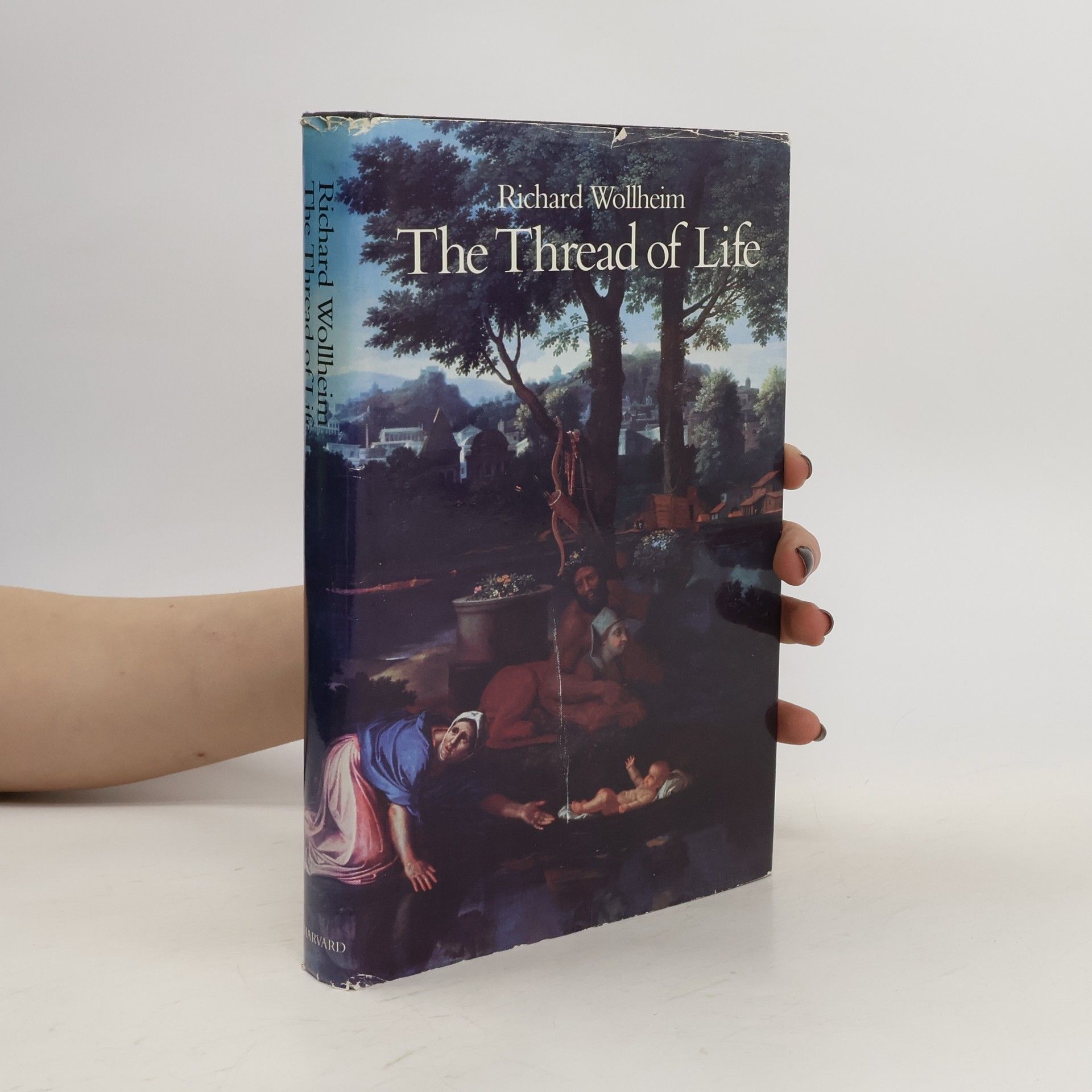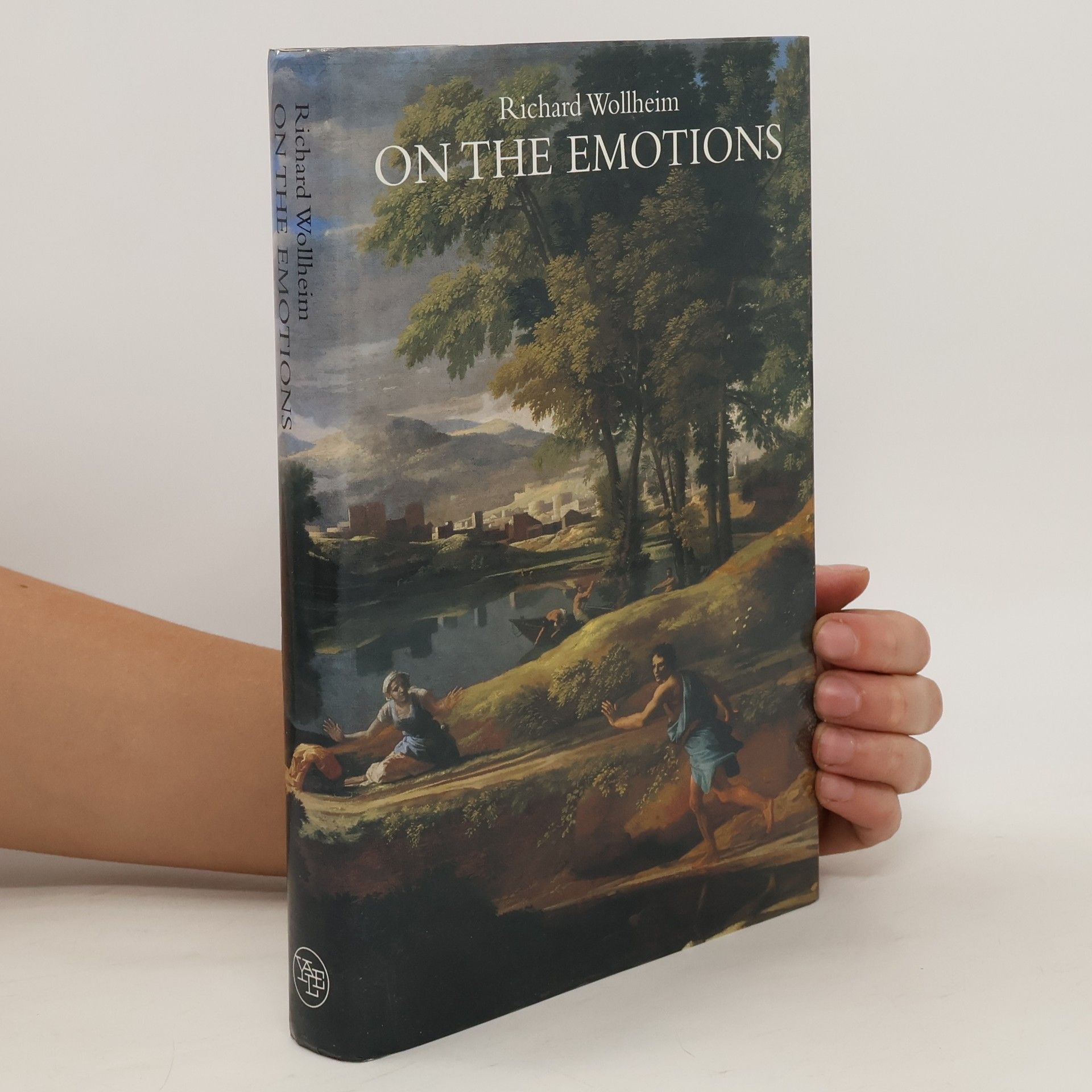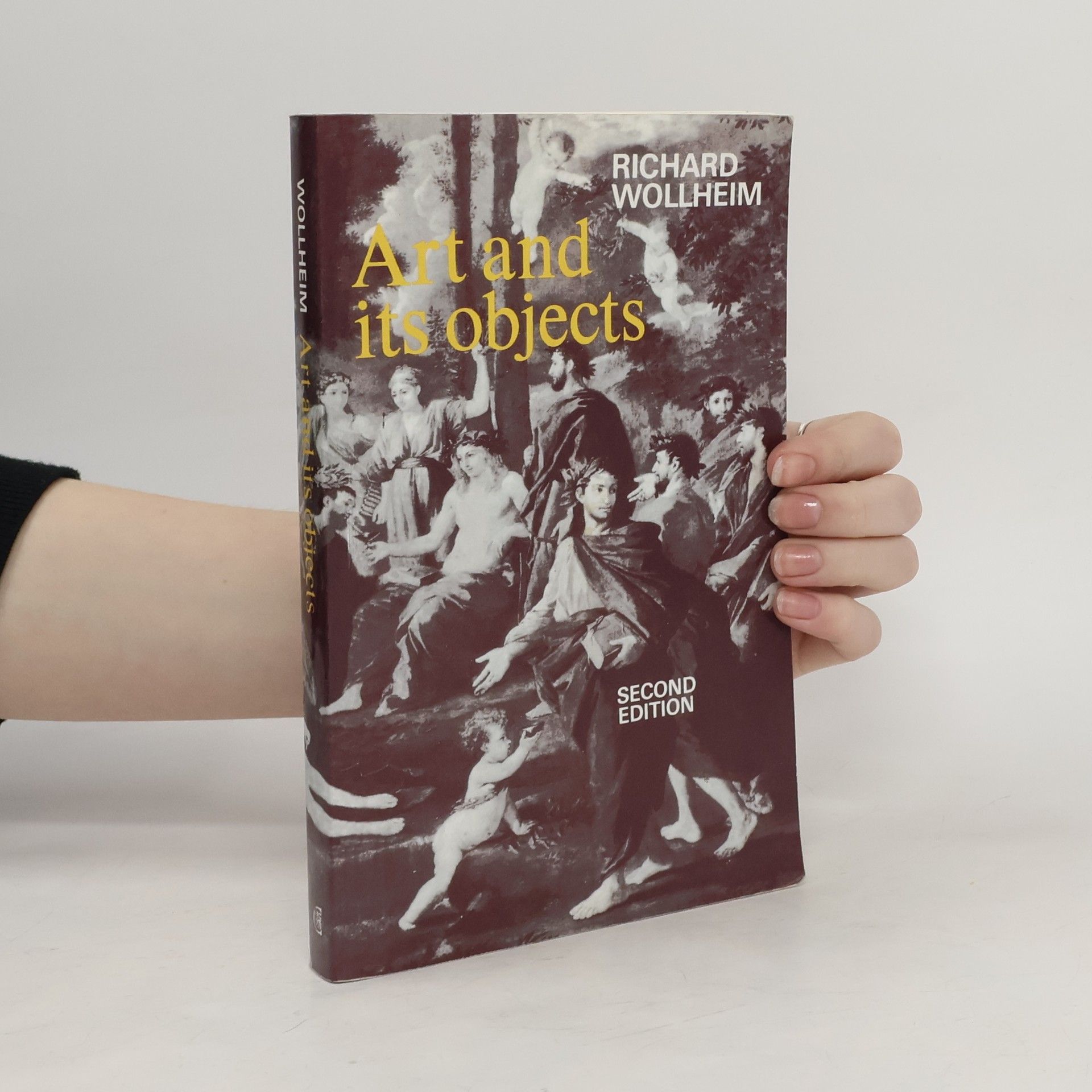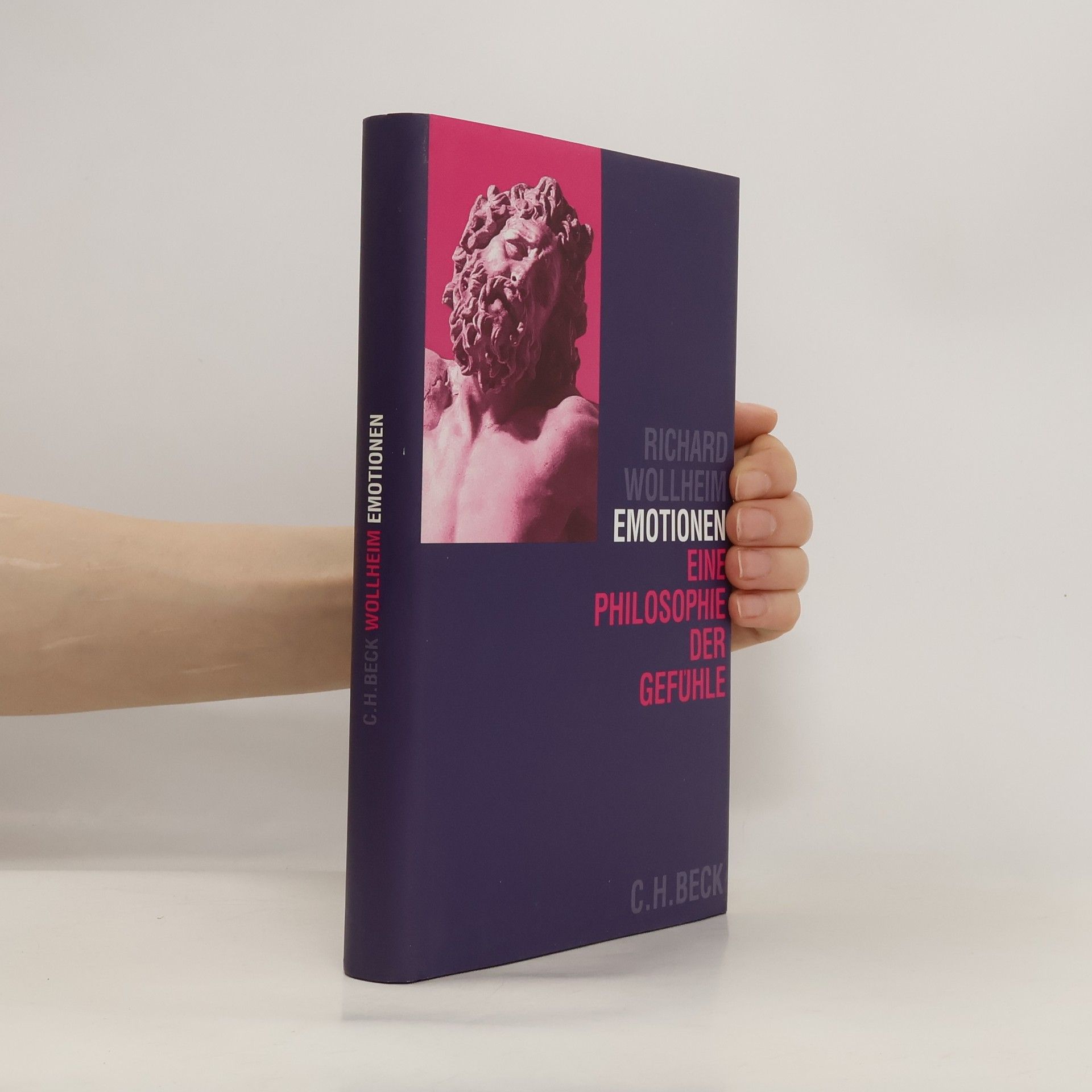`A lucid well-organized expose of the theory and the manner of its development.'Times Literary Supplement
Richard Wollheim Books






Art and Its Objects
- 292 pages
- 11 hours of reading
Aims to convey the author's belief that the nature of art has to be comprehensible from both the artist's and the spectator's point of view. In pursuing this, the book considers questions on expression, representation, style, the significance of the artist.
The son of affluent parents - a distant, dandified impresario father he revered; a beautiful, mindless 'Gaiety Girl' mother he came to regret loathing - Richard Wollheim grew up in the English suburbia of the 1920s and 1930s. Germs is his account of those years. It is a book like no other; a remarkable exploration of childhood by one of the English-speaking world's most distinguished postwar thinkers.
On the Emotions
- 269 pages
- 10 hours of reading
"Richard Wollheim recruits into service the insights of literature and of psychoanalysis, as well as of philosophy, in this thought-provoking account of the emotions. Starting from the premise that emotions form a distinct psychological category, Wollheim argues that they are - like beliefs and desiresdispositions or underlying forces in the mind that erupt from time to time into the stream of consciousness. However, to assimilate emotions to beliefs or to desires or to some combination of the two is quite wrong. Emotions are attitudes or orientations to the world, says the author, and in this regard they are naturally associated with the imagination."--BOOK JACKET.Title Summary field provided by Blackwell North America, Inc. All Rights Reserved
This book is based on the William James Lectures delivered at Harvard University in 1982. It offers a new approach to the philosophical understanding of a person, taking as fundamental the process of living as a person, and emphasising the continuity and development across time of an individual life.
Painting as an Art
- 384 pages
- 14 hours of reading
Exploring the intersection of philosophy and aesthetics, this influential text delves into the nature of beauty, art, and perception. It challenges traditional views and encourages readers to reconsider their understanding of artistic value and experience. The work's profound insights have shaped contemporary discussions in the field, making it a crucial reference for anyone interested in the philosophical underpinnings of art and aesthetic judgment.
Emotionen
- 295 pages
- 11 hours of reading
Richard Wollheim, einer der angesehensten Philosophen der Gegenwart, stellt in seinem neuen Buch eine ebenso weitreichende wie tiefgehende analytische Betrachtung über das Phänomen der Emotionen an. In einem ersten Schritt läßt er - im ständigen Rückgriff auf Literatur, Psychoanalyse und Kunst - deutlich werden, warum Emotionen eine eigenständige psychologische Kategorie bilden. Diese sind, so Wollheim in einem zweiten Schritt, nichts weniger als seelische Veranlagungen oder grundlegende psychische Kräfte, die, ähnlich wie Begierden oder Überzeugungen, uns plötzlich bewußt werden. Doch im Unterschied zu diesen sind Emotionen eine bestimmte Form der Geisteshaltung bzw. der Einstellung zur Welt. Sie sind eine mentale Disposition ganz eigener Art. Wollheims Nachdenken darüber, was Emotionen sind, wie sie sich in unserem Alltag zeigen und weshalb sich „gewöhnliche“ von moralischen Emotionen unterscheiden, hat zu einem facettenreichen, klar argumentierenden Buch geführt, das viele traditionelle Vorstellungen in Zweifel zieht. Es ist gleichzeitig Ausdruck des Bemühens, Emotionalität zu repsychologisieren, um so die Ausdrucksformen des menschlichen Geistes für Psychologie und Philosophie zurückzugewinnen.
„Wollheims Buch faßt die in viele Einzeldiskussionen zersplitterte neuere Ästhetiktheorie zusammen und leistet eine Synthese, die auf einer ebenso großen Vertrautheit mit der traditionellen und heutigen Kunstphilosophie wie mit den Künsten, vor allem Malerei, Dichtung und Musik beruht; es schließt an Theorieprobleme an, wie sie u. a. durch Gombrich, Goodman - und Benjamin- dargestellt wurden.“
Sigmund Freud
- 209 pages
- 8 hours of reading


